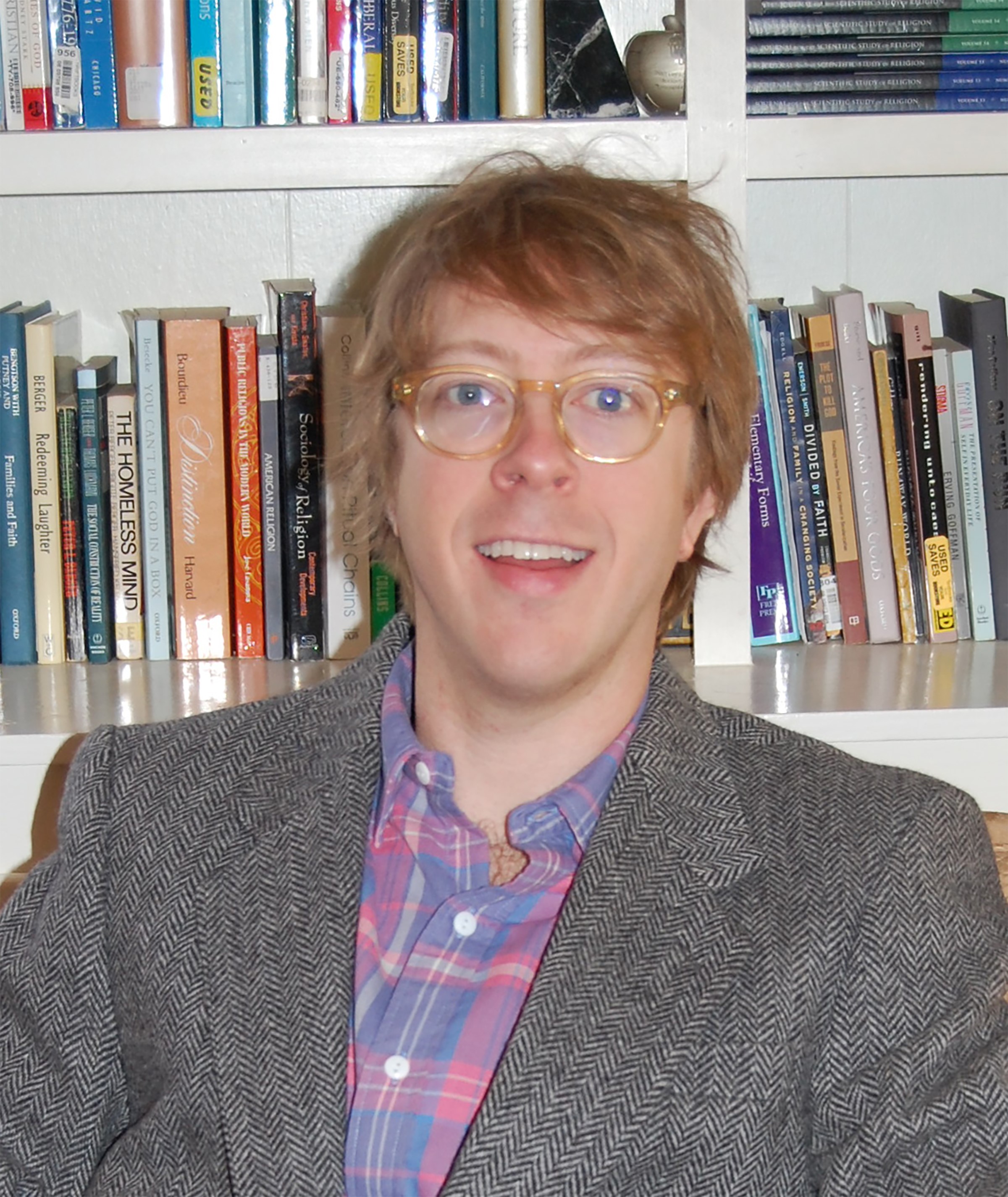Faith and ‘The Facebook Effect’: Young Social Media Regulars Less Committed to One Religion, Baylor University Study Finds
WACO, Texas (May 16, 2016) — Youths who use social media are more likely to develop a “pick-and-choose” approach to customize their faith — regardless of what their religious tradition teaches — than those who do not use social media, according to a Baylor University study.
“On Facebook, there is no expectation that one’s ‘likes’ be logically consistent and hidebound by tradition,” said Baylor sociology researcher Paul K. McClure. “Religion, as a result, does not consist of timeless truths . . . Instead, the Facebook effect is that all spiritual options become commodities and resources that individuals can tailor to meet their needs.”
Social media users also are more likely to see it as acceptable for others of their faith tradition to practice other religions, said McClure, a doctoral candidate in Baylor’s College of Arts & Sciences. However, the so-called “spiritual tinkerers” are not necessarily more likely to believe all religions are true.
Social networking site users are between 50 to 80 percent more likely to be flexible about varied religious beliefs and practices, according to McClure’s findings. The study — “Faith and Facebook in a Pluralistic Age: The Effects of Social Networking Sites on the Religious Beliefs of Emerging Adults” — is published in the journal Sociological Perspectives.
Findings are based on an analysis of data from the National Study of Youth and Religion. McClure used three waves of telephone surveys with youths and their parents from 2002 to 2013. The first wave surveyed 3,290 English and Spanish-speaking youths between the ages of 13 and 17 and followed them until they were ages 22 to 29.
More than 89 percent of young adults report using social network sites with some frequency, according to previous research.
Survey respondents answered three questions about their faith. They were:
The research took into account age, race, gender, income, religious affiliations and religious attendance.
Other findings:
“What this study suggests is that social technologies have an effect on how we think of religious beliefs and traditional institutions,” McClure said. “In particular, those who spend time on social networking sites like Facebook are more likely to think it’s perfectly acceptable to experiment with other religions and claim they do not need to remain committed to the teachings of a singular tradition. In this way, emerging adults may distinguish themselves from older generations not only in their use of technology, but in how they think of religion.
“The fact that these two phenomena may be related is striking and deserves further research at the intersection of religion and technology.”
ABOUT BAYLOR UNIVERSITY
Baylor University is a private Christian University and a nationally ranked research institution. The University provides a vibrant campus community for more than 16,000 students by blending interdisciplinary research with an international reputation for educational excellence and a faculty commitment to teaching and scholarship. Chartered in 1845 by the Republic of Texas through the efforts of Baptist pioneers, Baylor is the oldest continually operating University in Texas. Located in Waco, Baylor welcomes students from all 50 states and more than 80 countries to study a broad range of degrees among its 12 nationally recognized academic divisions.
ABOUT BAYLOR COLLEGE OF ARTS & SCIENCES
The College of Arts & Sciences is Baylor University’s oldest and largest academic division, consisting of 25 academic departments and 13 academic centers and institutes. The more than 5,000 courses taught in the College span topics from art and theatre to religion, philosophy, sociology and the natural sciences. Faculty conduct research around the world, and research on the undergraduate and graduate level is prevalent throughout all disciplines.

